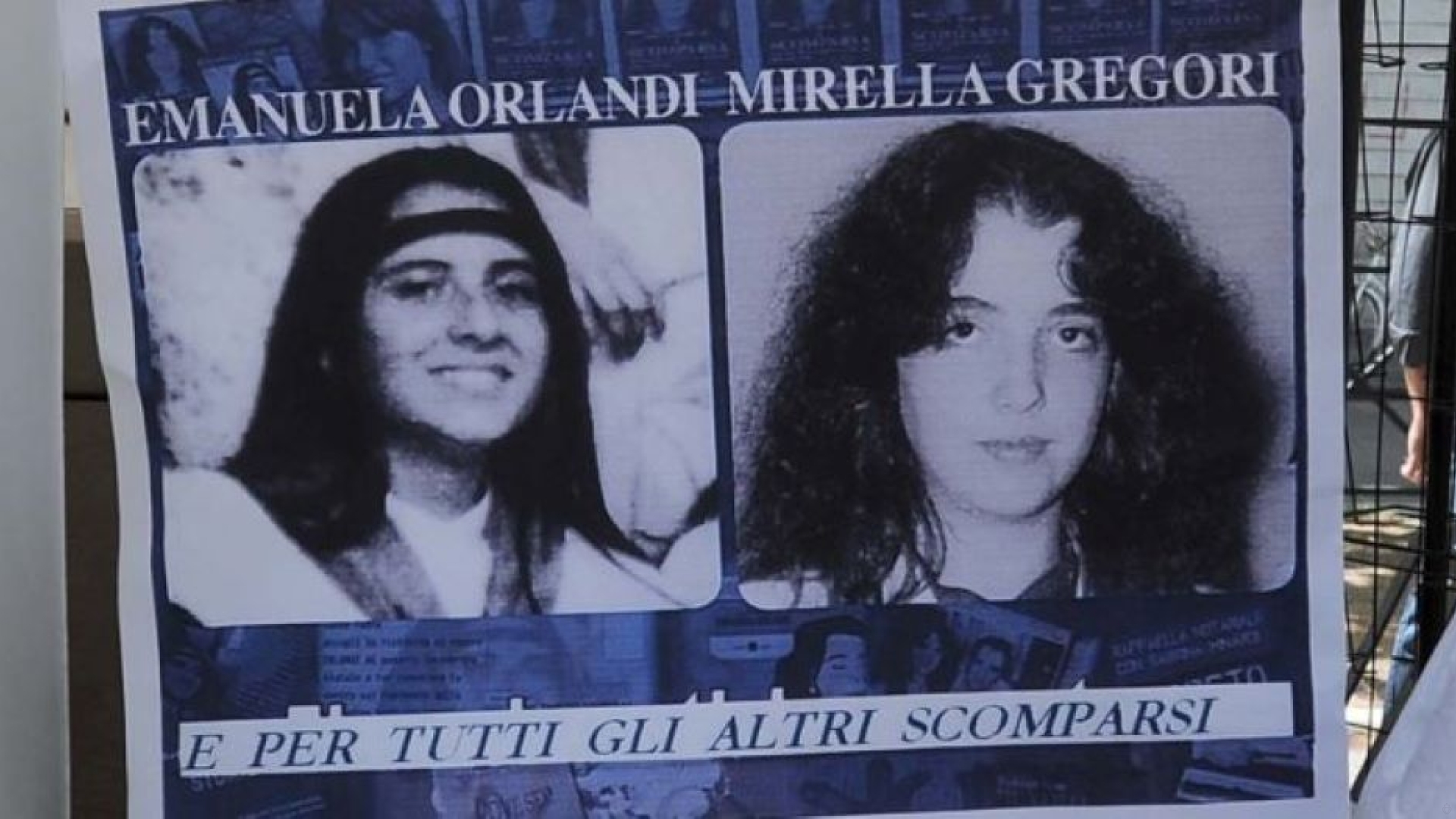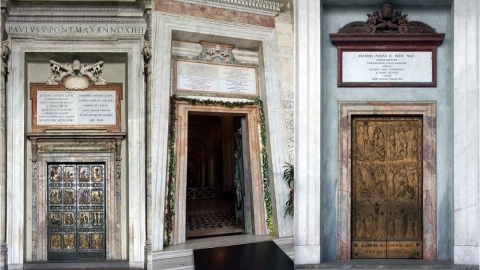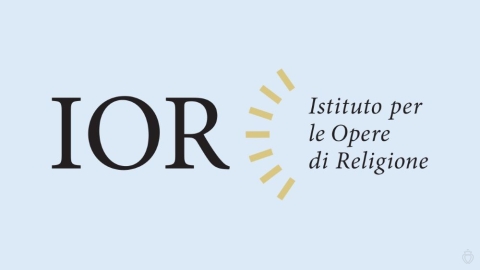Italy: A Parliamentary Investigation is Established on the Orlandi Affair

On November 9, 2023, the Italian Senate approved the launch of a parliamentary investigation on the disappearance of Emanuela Orlandi and Mirella Gregori in 1983. The two events are linked, in various ways, to the Vatican. The two girls disappeared 40 days apart.
The Orlandi affair’s return to the forefront followed the release of the Netflix documentary Vatican Girl in 2022. The process of the Italian parliament is in linked to this new interest, as Crux notes.
The documentary revisits the disappearance of Emanuela Orlandi at the age of 15 in 1983, a disappearance unexplained to this day. The girl’s father was an employee of the Prefecture of the Papal Household and the family lived in an apartment in Vatican City.
The mysterious affair has produced numerous theories that are more or less far-fetched. In recent decades, the disappearance of Emanuela Orlandi has been linked to the mafia, to the secret service, or even to financial embezzlement at the Vatican.
More recently, a theory proposed the idea that the girl had been kidnapped by a pedophile ring established by a circle of clerics. These and other allegations have been considered by Pietro Orlandi, the missing girl’s older brother, who has dedicated his life to searching for the truth about his sister.
Pietro Orlandi said on Italian television in April 2023 that an old mafia member was claiming that John Paul II had participated in this pedophile network. These theories were called “absurd” by Pope Francis.
The parliamentary commission, composed of 40 members, must be set up before the end of the year. It will also focus also on the case of Mirella Gregori, another 15-year-old girl who disappeared around the same time as Emanuela Orlandi.
The affair was also linked to the Vatican—in part, because in 1985, during a visit of John Paul II in the Roman parish of San Giuseppe where the Gregori family lived, the mother of the missing girl claimed to have recognized a Vatican officer, Raoul Bonarelli, who was part of the Pope’s escort.
She was sure that the young man had habitually spent time with her daughter and a friend in a bar close to their house.
The new parliamentary investigation will have to collaborate with two other probes already launched on these affairs, one by the chief prosecutor of Rome and the other by the Vatican.
Some senators’ responses were raised against the initiative. Maurizio Gasparri, of the Forza Italia party, explains: “In this legislature, commissions of inquiry multiply, as if to make up for certain inadequacies. I have very strong doubts about the possibility of moving forward. But the position of Forza Italia is to search for the truth.”
Gasparri cited the hearings of recent months: “The current prosecutor of Rome, Franciso Lo Voi, told us of the ongoing investigations and of hope, in the face of which it is reasonable to express some skepticism regarding the possibility of arriving at the results that we have been waiting for these 40 years.”
Finally, “if the commission of inquiry must seek the truth, so be it; if it must become a media theatre, like some television programs that put John Paul II on trial, that’s what the Senate of the Republic or the Chamber of Deputies must not do,” warned Gasparri.
Fuentes: cath.ch/Crux/italy24.press – FSSPX.Actualités





